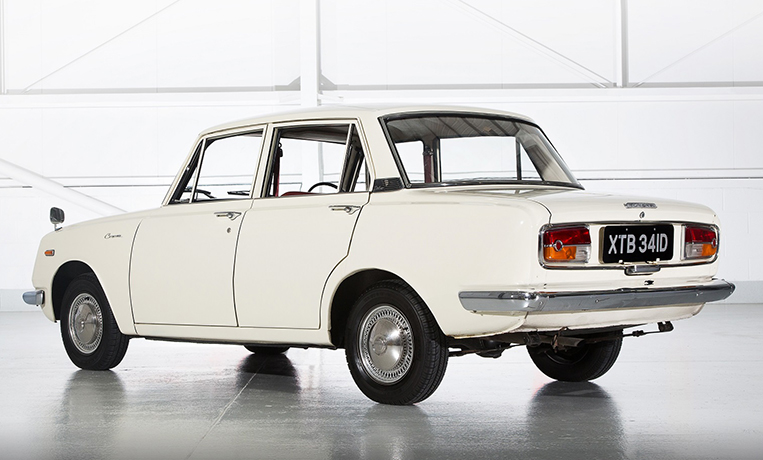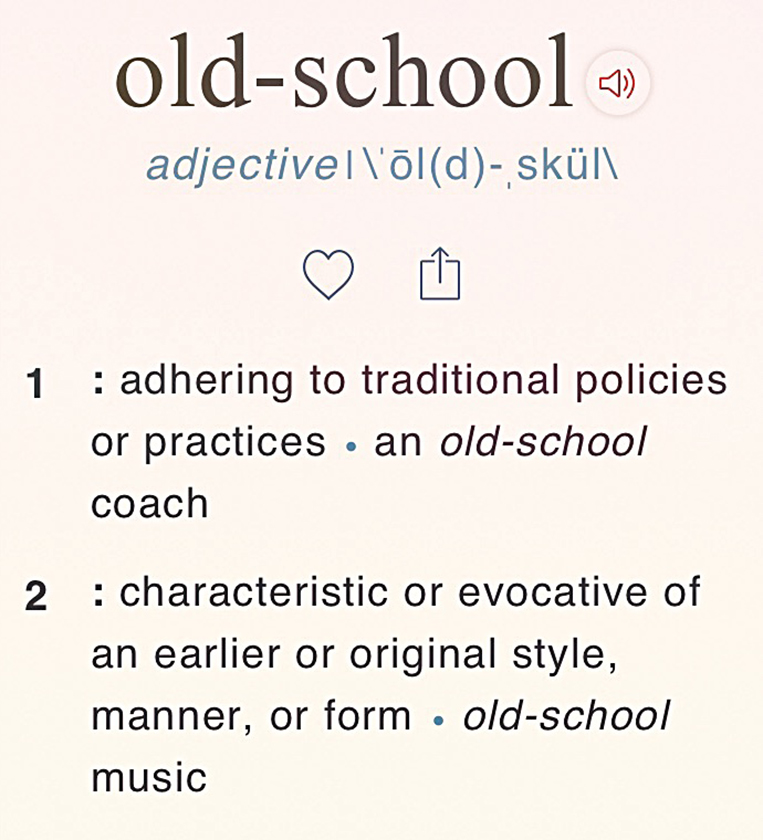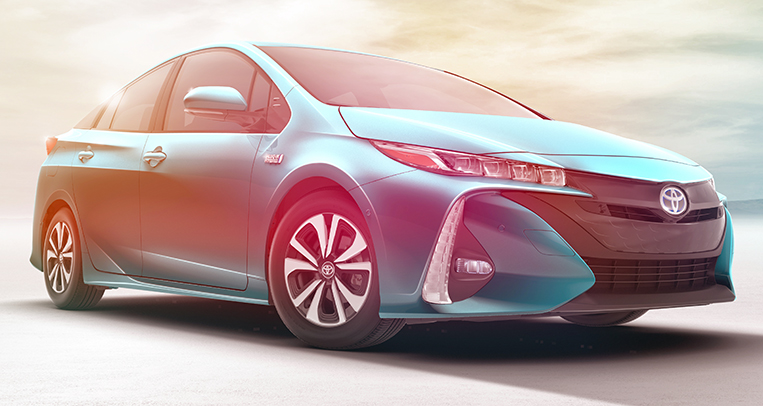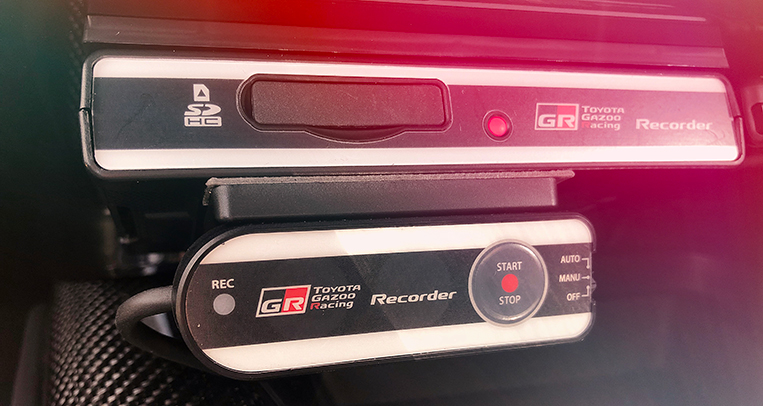
Regular readers would know that we recently held the so-called “Autocon Show-Off” competition as one of the highlights of the just-concluded Philippine Autocon event. It was a simple—or so we thought—search for the best old-school Japanese car in the country. Turns out it wasn’t so simple.
When we announced the overall winner—a 1997 Mitsubishi Mirage Cyborg—critics came out of the woodwork to protest the outcome, insisting that the Cyborg was too “young” to be considered “old-school.” While our contest rules clearly stated that all Japanese cars “from the 1960s, the 1970s, the 1980s and the 1990s” were eligible to join, the nitpickers are seemingly bothered by the use of the term “old-school,” which our Merriam-Webster dictionary defines as:

By the second definition alone, the 22-year-old Cyborg is undoubtedly old-school. But the critics are having none of it. To them, this description should apply only to automobiles of a certain age.
But what age, exactly?
That is the problem. No one can provide a definitive baseline as to how old these cars should be. Twenty years? Twenty-five? Thirty? Fifty? There is no law or formal agreement that answers this question. In fact, many insurance companies already classify 20-year-old cars as classic vehicles. It really depends on whom you ask.
So I asked around.
“Anything without electronic gadgets and driving aids is old-school for me,” says our writer Red Santiago.
Fair enough. Some would even say old-school cars are those whose engines don’t have computers. But then even the third-generation Nissan Skyline GT-R (R32) from 1989 already had an ECU. So does it disqualify the car from laying claim to the “old-school” label?
“My views on old-school go with the times,” explains Top Gear Philippines writer Niky Tamayo. “When I first fell in love with cars, a 1979 box-type Lancer was a shiny new car with futuristic styling—nothing like the big old Yank Tanks I had been used to. So I guess ‘old-school’ is just a state of mind. I don’t consider the Mirage Cyborg old-school, but I can see how someone younger than I am might take it differently.”
Perhaps this analogy by our marketing and sales director Hazel Imperial-Tan is a good explanation: “I’m amused when younger people refer to ’90s songs as old-school music. Because to me, they will always sound fresh and youthful.”
Yep. Indeed, I’m offended when a twenty-something person now talks about The Cure like I talked about The Platters when I was in high school.
“The definition of ‘old-school’ constantly evolves precisely because cars age,” fourth-gen Toyota Supra owner Botchi Santos adds.
“I’m not really sure what makes for an old-school car these days,” replies our writer Miggi Solidum. “At my age, even early-2000s cars are already old-school to me.”
“For me, ‘old-school’ pertains to cars that belonged to a previous generation of automotive enthusiasts,” declares another one of our writers, Manskee Nascimento. “The concept of old-school also has an emotional factor, linking old cars to cherished memories of our youth. I think it would be safe to say that 20 years is long enough to make a car look and feel old.”
“It’s a moving target,” recently retired industry executive Vince S. Socco contributes. “It really is very much relative to each generation. Someone who is 20 years old has a very different recognition compared to a guy who is 40. One person’s old school could be another person’s new school.”
Ultimately, we find that “old-school” is a very broad term whose meaning depends on the person using it. I’m even tempted to say that all cars equipped with a CD changer or a cigarette lighter are old-school. Who’s to say I’m wrong?
Those who love splitting hairs over semantics, I suppose.
UPDATE: Our attention has been called to one specific car club’s guidelines on what makes an automobile “old-school.” According to this group’s criteria, a car is old-school if it is “rear-wheel-drive, carbureted and 1987 or older.” We respect these standards, but they apply to the members of one organization and cannot be imposed upon everyone.











Comments